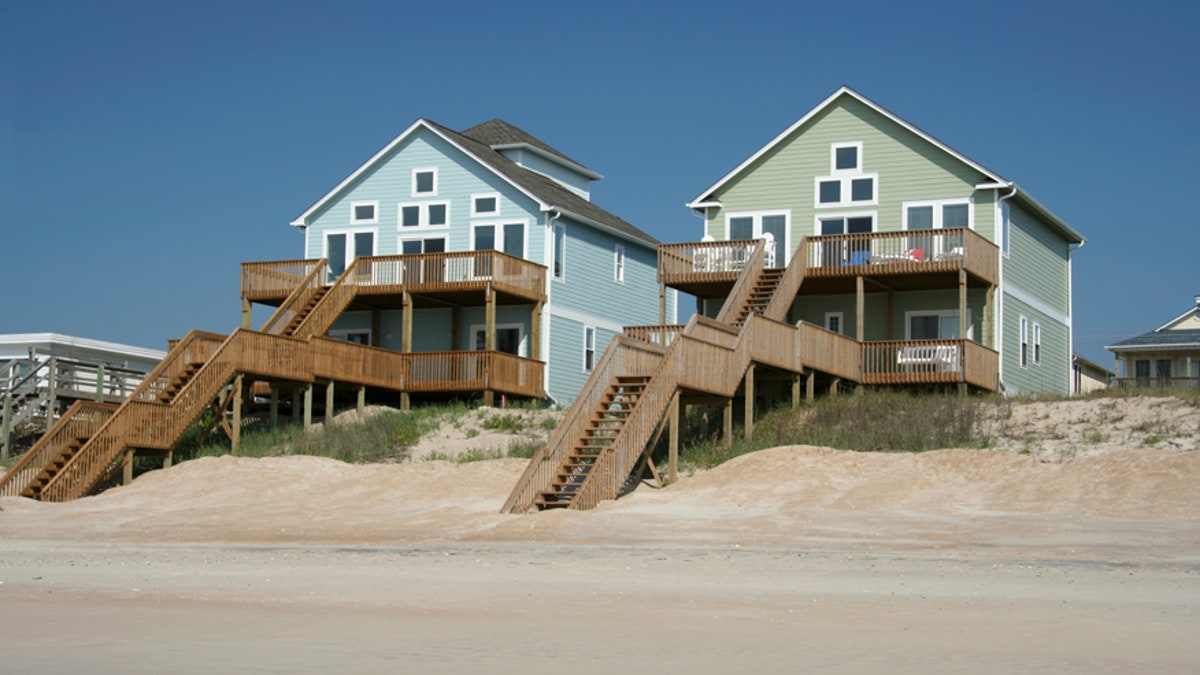
(iStock)
The summer months are upon us, which, for many people, means that it is time to head to the cabin. A dip in the lake, or fishing for trout in a mountain stream are great ways to spend your summer days. However, owning a cabin is not all fun and games. Before you invest in a summer retreat, consider some of these all important tips.
Finding the Right Location
As the old saying goes, the three most important elements of any real estate deal are location, location, location. This is especially true when buying a summer home. After all, the whole point of buying the place is to have a quiet place to relax and enjoy the great outdoors, so you’ll want access to outdoor recreation spots, like a beach or stream. Many people buying a cabin already know the area well. They’ve spent the past several summers renting cabins in the area, or they have friends or family that own a place. Don’t make the mistake of buying a place without testing the area out thoroughly first. Airbnb and VRBO make it easier than ever to rent a quiet lakeside retreat for the weekend, allowing you to figure out the best location to spend your summer days.
Another mistake cabin buyers make is getting a place that’s just too far from home. After the initial excitement wears off, the four-hour drive out of town just feels grueling, and trips become increasingly infrequent. Be realistic about how much time you’re willing to spend on the road, especially if you’re traveling with noisy, impatient kids in the backseat.
Figuring Out the Finances
Finding the perfect place to spend the summer is only half of the battle. Figuring out how to pay for it is the other half. Getting a mortgage for a second home can be a little more difficult than with your primary home. That first home will count against you when the lender looks at your total debt-to-income ratio, so it’s a good idea to pay off as much of your other debt as possible before you start scouting potential locations for your perfect summer home.
While the added debt can be daunting, there are some financial advantages to owning a second home. Just like with your main home, you’ll be able to deduct your mortgage interest on your summer home, as well as any property tax that you pay, which can be a significant savings on your taxes.
Some people rent out their summer homes to help pay for the place. While this can make owning a second home more affordable, keep in mind that if you rent the place out for more than 14 days per year, you’ll have to declare your rental income on your taxes.
Cabin Care
For city dwellers used to modern-day conveniences, maintaining a rustic cabin in the woods can be a bit of a learning curve. For instance, many cabins don’t have access to a municipal sewage system, which means you’ll have to quickly come up to speed on proper septic tank maintenance. Cabins in frigid environments also come with a number of issues that you should be aware of, like taking care of a wood-burning stove, flushing out the pipes in the fall to prevent them from bursting, or winterizing a cabin for cold-weather use.
In addition to all of the cabin-specific maintenance, you’ll also have to deal with all of the usual home maintenance. That means you’ll have to set aside extra money for major repairs, like a leaky roof or a bad water heater.







































